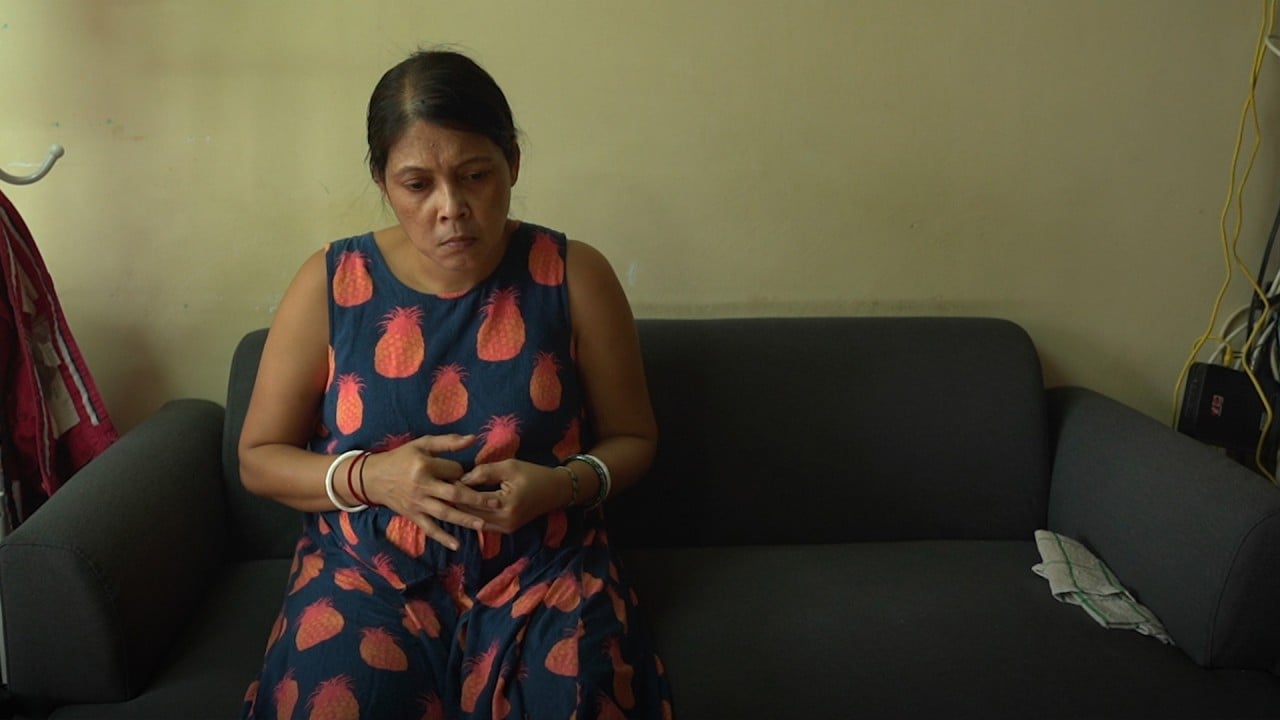
Hong Kong kindergartens must do more to accept and integrate ethnic minority children
- To stop Chinese-medium kindergartens from rejecting non-Chinese children or segregating them, government guidelines must be strictly monitored and teachers given more resources to manage mixed classes
It’s that time of the year again when parents of two-year-olds, having submitted their applications for kindergarten places next year, begin the anxious wait for results.
As educator Maria Montessori said: “Early childhood education is the key to the betterment of society.” Or as Bill Gates said: “The first five years have so much to do with how the next 80 turn out.”
This can be attributed to their own experiences of hardship during education and in finding employment owing to language barriers.
The Education Bureau has taken significant steps in the past two years to improve access to information for non-Chinese parents and to strengthen its guidelines for kindergartens, to provide support for non-Chinese students and parents. This includes language support during admission interviews.
But guidelines are insufficient unless backed by stringent monitoring. We still hear of concerns about some Chinese-medium kindergartens’ unwillingness to make adjustments to the interview process. Interviews are being conducted only in Cantonese, with no support for those applicants who do not speak the language.
The Equal Opportunities Commission has recommended on several occasions that other means be used to test the suitability of the child, if there needs to be such a test at all, such as observation during playtime.
Being made to undergo this kind of experience may weaken the resolve of many parents to get an immersive Chinese-language kindergarten education for their child, a goal that would set the child up for success in Hong Kong’s education system and eventually in the job market. But the road is uphill and littered with obstacles.
Ethnic minority parents tell of their children being assigned to afternoon sessions as morning sessions are purportedly filled with Chinese students. This is subtle resistance from the kindergartens, even if done ostensibly in the child’s best interests.
We are told that, often, the reason given by these kindergartens is that non-Chinese students would have difficulty coping if they do not understand Cantonese or that the child would feel more comfortable being with students from a similar background.
Faced with this Hobson’s choice, parents understandably succumb, knowing full well that it is not ideal for language learning or integration.
More Education Bureau support and learning from schools that have successful immersive environments should give teachers the confidence to nurture children of all backgrounds.
Apart from language and cultural acquisition, there is another vital reason for having diverse classrooms. Children start forming stereotypes and prejudices about others based on what they see and hear around them from an early age.
Segregating children is counterproductive to the principle of integration and can hamper social inclusion. Cultural competence is an essential trait in a globalised world. Imbibing that skill at an early age can be an asset, no matter what race one belongs to.
Hong Kong is privileged and distinct from its many neighbours because of the diversity of its people. To have that advantage and not capitalise on it is a tragic loss.
Ricky Chu Man-kin is chairperson of the Hong Kong Equal Opportunities Commission



